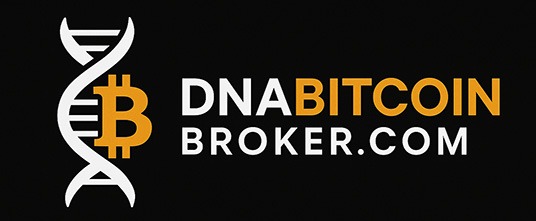In finance, where centralization and regulation have long been the norm, Bitcoin emerged as a disruptive force, challenging the established order. Since its inception in 2009 by the character Satoshi Nakamoto, Bitcoin has grown into a global phenomenon, captivating the imagination of individuals, investors, and institutions alike. Typically, one of the key aspects that sets Bitcoin apart is its resistance to control.
In this write-up, we take a look at the reasons why nobody can control Bitcoin.
Decentralization: The Core of Bitcoin’s Resistance to Control
At the heart of Bitcoin’s resistance to control lies its core principle of decentralization. Unlike traditional financial systems, which are often governed by centralized entities like governments and banks, Bitcoin operates on a peer-to-peer network. The decentralized nature of Bitcoin means that no single entity has ultimate authority over its functioning.
Blockchain Technology: Ensuring Transparency and Security
Bitcoin’s underlying technology, Blockchain, plays a significant role in ensuring its resistance to control. The Blockchain is a distributed ledger that records all transactions across a network of computers.
This decentralized and transparent ledger eliminates the need for a central authority to validate and verify transactions. Each participant in the Bitcoin network has a copy of the Blockchain, making it virtually impossible for any single entity to manipulate the system.
The immutability of the Bitcoin blockchain further contributes to its uncontrollable nature. Once a block is added to the Blockchain, it becomes practically impossible to alter past transactions.
The cryptographic hash functions used in the blockchain make tampering with the historical record an extreme hassle. This feature enhances security and prevents any attempts at controlling the Bitcoin network.
Censorship Resistance and Global Accessibility
Bitcoin’s design includes a high degree of censorship resistance. In contrast, traditional financial systems can be subject to censorship, with authorities having the power to freeze accounts or restrict transactions.
However, in the case of Bitcoin, the decentralized nature and cryptographic security measures make it resistant to censorship. Consequently, no government or financial institution can dictate who uses Bitcoin or how they use it.
Moreover, Bitcoin transcends borders and jurisdictions, operating on a global scale. Its decentralized nature allows anyone with an internet connection to access it. This accessibility, in turn, includes individuals excluded from traditional banking systems, promoting financial inclusion. Furthermore, without a central authority, Bitcoin adopts and evolves freely, unrestricted by geographic or regulatory boundaries. Ultimately, it is not bound by any specific geographic location or regulatory framework.
Open-Source Innovation: A Collaborative Approach
Bitcoin’s open-source nature makes it resistant to control. Anyone can inspect, modify, and contribute to its source code. This transparency fosters a collaborative effort among developers. They continually work to enhance and secure the network. No single entity can impose changes on the Bitcoin protocol without broad consensus from the community.
Traditional financial systems often rely on a single point of failure, such as a central bank or a clearinghouse. Bitcoin, on the other hand, operates on a distributed network with no single point of control. Bitcoin’s decentralized nature ensures the system continues to operate, even if certain nodes or participants go offline or are compromised.
Aspects contributing to Bitcoin’s resistance to control are deeply rooted in its decentralized design, blockchain technology, and the principles it embodies. Together, these elements make Bitcoin a robust and uncontrollable force in the financial landscape.
A Decentralized Future: Bitcoin as a Force of Change
As the world continues to grapple with the implications of decentralized finance, Bitcoin stands as a testament to the possibility of creating a financial system that operates outside the norm. While debates over regulation and adoption persist, one thing remains clear: the decentralized nature of Bitcoin ensures that it will continue to be a force that defies attempts at control.
Image Source: Adobe Stock
Disclaimer: This article is provided for informational purposes only. It is not offered or intended to be used as legal, tax, investment, financial, or other advice.












